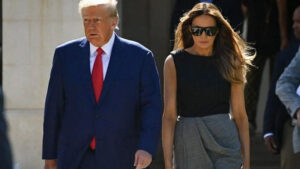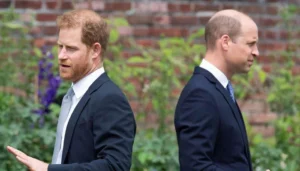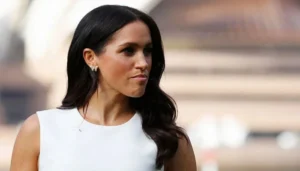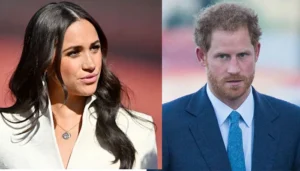Trump’s Bold Claim Sparks Outrage as Supreme Court Ruling Reveals truth About January 6 Case
According to a report by Newsweek on Saturday, June 29, 2024, former President Donald Trump’s assertion of a “BIG WIN” following a recent Supreme Court ruling has ignited controversy, as legal experts reveal a startling truth about its impact on his January 6 case.
The Supreme Court’s decision, narrowing the interpretation of a federal obstruction charge, has sent panic through the legal community and raised questions about its implications for hundreds of January 6 riot prosecutions.
In a 6-3 ruling that crossed ideological lines, the nation’s highest court determined that the obstruction charge must specifically involve tampering with documents or records.
This decision has cast doubt on the cases of over 350 individuals charged with obstructing Congress during the certification of the 2020 presidential election results.
Trump, facing his own legal battles related to the January 6 events, quickly claimed victory on social media, sparking outrage among his critics and confusion among legal observers.
However, former White House counsel John Dean threw cold water on Trump’s celebratory mood, stating it’s “very unlikely he’s going to get it dismissed.”
Dean emphasized that the ruling’s impact has been “overread and overplayed” in the media, suggesting that a closer examination reveals its limited scope.
The former Nixon-era lawyer pointed out that Special Counsel Jack Smith, who is overseeing Trump’s federal election interference case, was likely aware of this potential ruling when filing the indictment.
Dean expressed confidence that Smith’s indictment would “withstand any test,” contradicting Trump’s optimistic interpretation of the Supreme Court’s decision.
Barbara McQuade, a former U.S. Attorney, echoed Dean’s sentiments, explaining that while the ruling might overturn some January 6 defendants’ convictions, it’s “not likely to affect” Trump’s case.
McQuade highlighted that Trump’s situation involves allegations of fraudulent documents in the form of fake slates of electors, which the court specifically noted as falling within the statute’s purview.
The Supreme Court’s ruling stems from the case of Joseph Fischer, a former police officer charged for his role in the January 6 Capitol riot.
Fischer’s case led to the court’s decision that the obstruction charge should be narrowly applied, focusing on document tampering rather than broader violent behavior.
This interpretation has significant implications for the hundreds of individuals charged in connection with the Capitol breach, which saw Trump supporters attempting to halt the certification of Joe Biden’s 2020 election victory.
The violent insurrection resulted in one protester’s death and injuries to dozens of police officers, marking a dark day in American democracy.
Trump’s indictment, filed in August, includes four counts related to his alleged attempts to overturn the 2020 election results.
These charges encompass conspiracy to defraud the U.S., conspiracy to obstruct an official proceeding, obstruction of and attempt to obstruct an official proceeding, and conspiracy against rights.
The former president has pleaded not guilty to all charges, maintaining his innocence in the face of mounting legal challenges.
While Trump and his supporters view the Supreme Court ruling as a potential game-changer, legal experts caution against premature celebrations.
The nuanced nature of the decision and its specific focus on document tampering suggest that its impact on Trump’s case may be limited.
Attorney General Merrick Garland has stated that the vast majority of the 1,400+ defendants charged in connection with the Capitol riot would not be affected by the Supreme Court’s decision.
This assessment further underscores the complexity of the legal landscape surrounding the January 6 cases and the unique nature of Trump’s situation.








